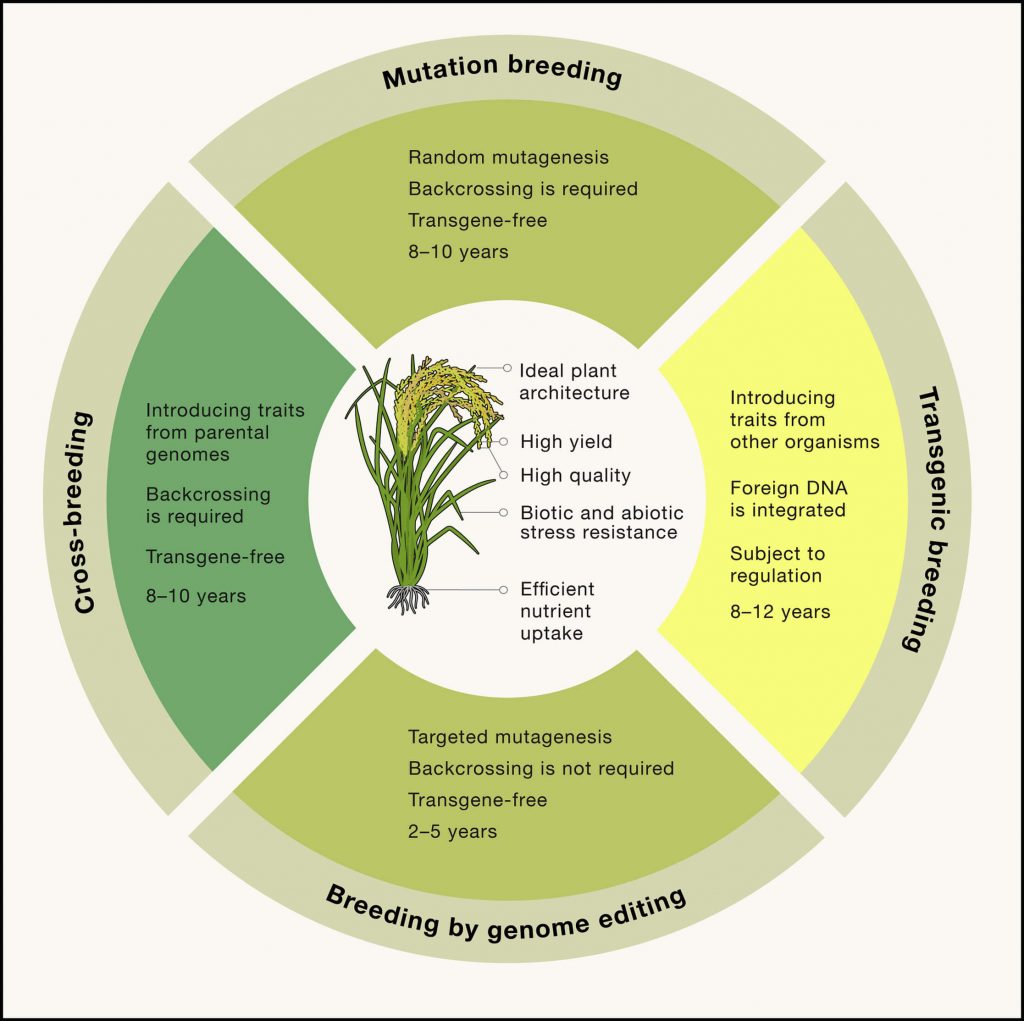Feeding the world’s growing population has always been a challenge, and with climate change, dwindling resources, and the need for sustainable practices, it’s becoming even more crucial to find innovative solutions. That’s where genomics in agriculture comes into play. This technology promises to revolutionize the way we grow our food, making it more sustainable, resistant to disease, and better suited to our needs. We’ll explore the role of genomics in agriculture and how it’s helping to improve crops and livestock for the sake of food security.
What is Genomics?
Genomics is the study of the entire genetic makeup of an organism, known as its genome. This field of research has grown rapidly in recent years, thanks to advances in technology such as next-generation sequencing, which has made it easier and more affordable to decode DNA. Genomics has applications in various fields, including medicine, biotechnology, and, of course, agriculture.
The Power of Genomics in Agriculture
Enhanced Crop Breeding
Traditional plant breeding techniques can take years to develop new crop varieties, but with genomics, the process can be accelerated. By understanding the genetic makeup of plants, scientists can identify and select for specific genes that are responsible for desirable traits, such as drought resistance, higher nutritional value, or improved taste. This targeted approach allows for the development of better-performing crops in a shorter time frame, meeting the demands of an ever-growing population.
ADVERTISEMENT
Disease Resistance
Disease outbreaks can have a devastating impact on agricultural production, and genomics is playing a key role in combating these threats. By identifying the genes responsible for resistance to specific diseases, researchers can create crops and livestock that are better equipped to withstand these challenges. This not only helps to ensure food security but also reduces the reliance on harmful pesticides and antibiotics, contributing to a more sustainable agricultural system.

Livestock Improvement
Genomics isn’t just revolutionizing crop production; it’s also playing a crucial role in livestock improvement. By understanding the genetic makeup of animals, farmers can make more informed breeding decisions, selecting for traits such as higher milk production, faster growth rates, or improved disease resistance. This enables the production of healthier, more productive animals, ultimately benefiting the entire food supply chain.
Climate Change Adaptation
As the effects of climate change become more pronounced, it’s essential to develop crops and livestock that can adapt to these changing conditions. Genomics offers a solution by helping researchers identify the genetic traits that make certain plants and animals more resilient to factors like extreme temperatures, drought, or flooding. By incorporating these traits into new crop varieties and livestock breeds, agriculture can become better equipped to face the challenges posed by our changing climate.
ADVERTISEMENT
Reducing Environmental Impact
Sustainable agriculture is a necessity in today’s world, and genomics can play a significant role in reducing the environmental impact of farming. By developing crops with higher yields, we can grow more food using less land, reducing deforestation and habitat loss. Additionally, creating plants and animals that require fewer chemical inputs and have improved nutrient use efficiency can help to reduce pollution and lessen agriculture’s impact on our planet.
Conclusion
The role of genomics in agriculture cannot be understated. As we strive to feed an ever-growing population and face the challenges posed by climate change, this cutting-edge science offers a way to improve crop and livestock production while promoting sustainability. By investing in genomic research and adopting these innovations, farmers and the scientific community can work together to secure the future of our food supply and protect our planet for generations to come.
ADVERTISEMENT








